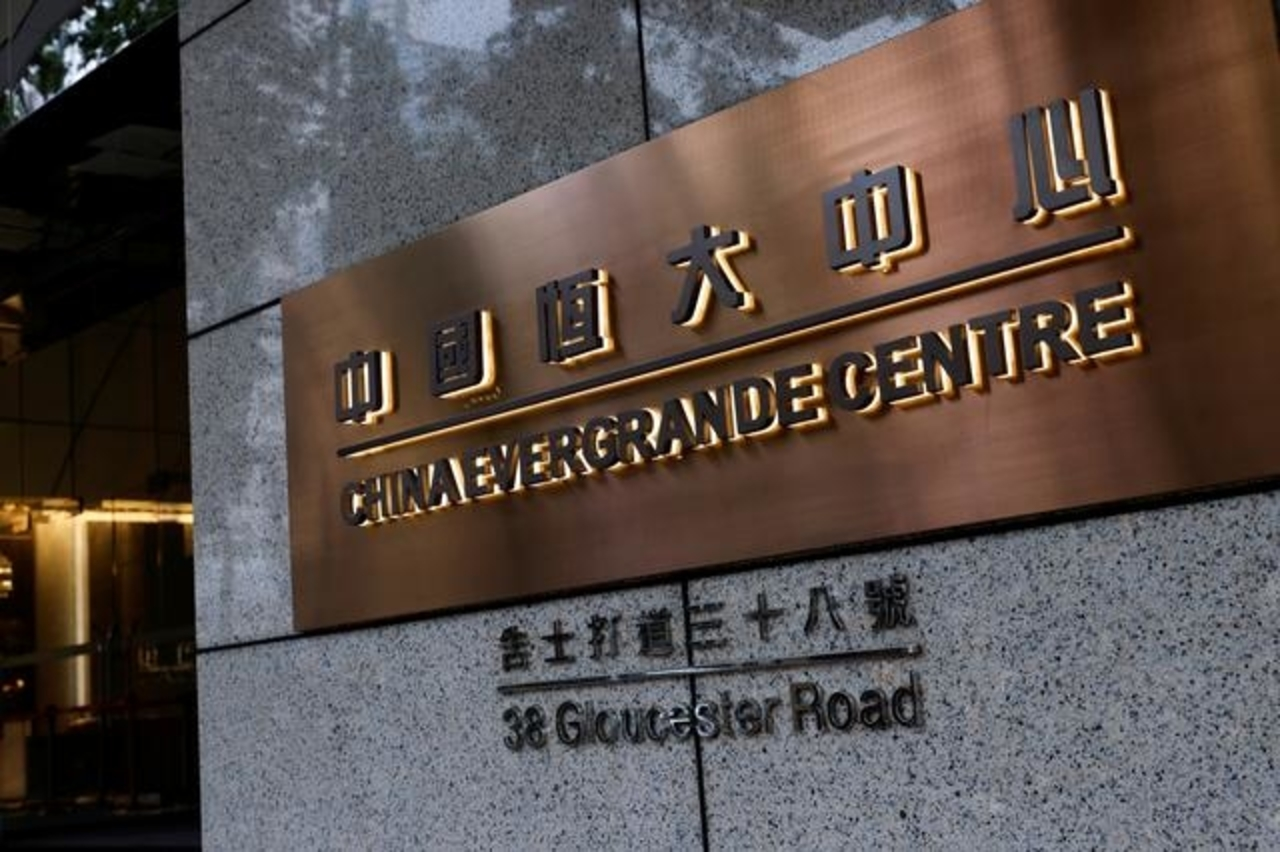A Hong Kong court on Monday ordered the liquidation of battered Chinese property giant Evergrande, dealing another blow to the firm that has become the symbol of a property crisis that has sent shivers through the economy.
High Court judge Linda Chan’s decision effectively kickstarts a long process that includes liquidating the developer’s assets and replacing its management to assuage concerns of its creditors.
The move against what was once China’s biggest developer comes as it wallows under more than $300 billion in liabilities, one of several firms hammered by a years-long government clampdown on the sector.
A creditor, Top Shine Global, filed the winding-up petition in Hong Kong against China Evergrande Group in 2022 and the case has dragged on while parties tried to broker a deal.
But on Monday, Chan said, “Enough is enough”.
“(Given) the obvious lack of progress on the part of the company in putting forward a viable restructuring proposal and the insolvency of the company… I consider that it is appropriate for the court to make a winding up order against the company and I so order,” Judge Linda Chan said.
She added that the court at the previous hearing in December “made it very clear it expected to see a fully formulated and viable proposal”.
Evergrande was expected to discuss the refined proposal with creditors, obtain a legal opinion and consult mainland Chinese authorities in the interim — but “none of that has happened”, Chan said.
Evergrande’s lawyer Jose-Antonio Maurellet defended the revised proposal, saying the “broth has been sweetened” and rejected allegations that Evergrande had acted in bad faith.
Speaking after the morning session of the court adjourned, a lawyer representing an ad-hoc group of creditors told reporters that the firm had “failed to engage with us”.
“There has been a history of last-minute engagement which has gone nowhere,” said lawyer Fergus Saurin.
“The company has itself to blame for being wound up.”
Chan is expected to hand down her detailed reasons for the winding-up order in the afternoon and will handle the matter of appointing a liquidator.
The demise of Evergrande, which first defaulted on a debt payment in 2021 and declared bankruptcy in the United States this year, has been closely watched as it was once a pillar of China’s economy.
China’s construction and property sector once accounted for around a quarter of the nation’s gross domestic product.
But President Xi Jinping deemed the debt accrued by Evergrande and other property firms an unacceptable risk for China’s financial system and overall economic health.
Authorities have gradually tightened developers’ access to credit since 2020, and a wave of defaults has followed.
By the end of June, Evergrande estimated it had debts of $328 billion.
Shane Oliver, chief strategist at financial services firm AMP, said Monday’s landmark decision was “another step” in the ongoing property crisis in China.
“It hasn’t created the major calamity that many feared. But by the same token, it hasn’t been resolved either,” he told AFP.
“On the one hand, the authorities will probably manage this liquidation in a way that doesn’t cause major contagion effects to other parts of the economy,” he said.
But “it tells us that the property crisis is still far from being resolved, and remains an ongoing drag on the Chinese economy”, Oliver said.
Raymond Cheng at CGS-CIMB Securities added: “The liquidation order will be negative for Evergrande itself for sure, the assigned liquidator will offload the company assets as soon as possible, and the price may be very bad.”
However, he said that while it could hurt sentiment in the short term, “Evergrande’s restructuring has its own specific problems”.
“It is possible that other developers will be willing to compromise more in negotiations as they fear creditors will be applying for liquidation.”
Shares in Evergrande plunged 20.87 percent to HK$0.16 in Hong Kong following the news, before the stock exchange halted trading at 10:19 am.
Trading was also halted in Evergrande’s electric vehicle subsidiary.
However, the announcement had little effect on wider stock markets, with Hong Kong and Shanghai both up at the break.




